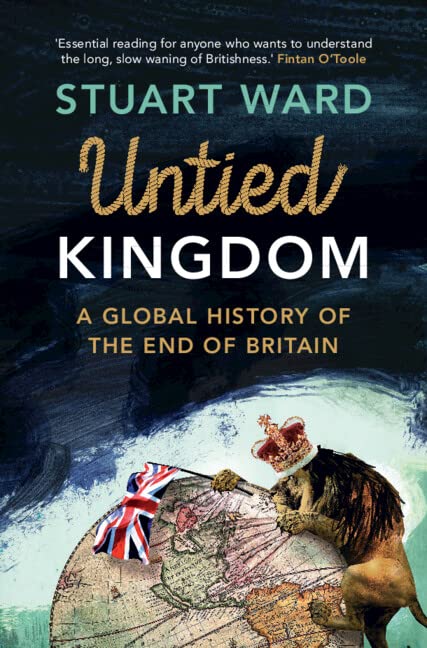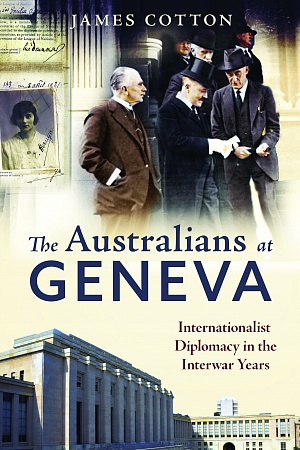Untied Kingdom: A global history of the end of Britain
Cambridge University Press, £30 hb, 700 pp
House of cards
Two of my favourite images in Stuart Ward’s important new book reproduce black-and-white photographs. One captures the life-sized butter sculpture of the prince of Wales and his favourite Canadian horse, the star exhibit of the 1924 Empire Exhibition at Wembley. The other shows a group of protesters in London in 1973 contesting European Economic Community restrictions on imports of Commonwealth cane sugar from the West Indies and Queensland. Most of the faces in the picture are obscured, but the body language of a man to the left of the frame, slumped over his hand-rendered ‘Beat Beet. Keep Cane’ placard, communicates depression and dejection.
Together, these two images pull together many of the preoccupations of this formidable volume (which runs to seven hundred pages). The butter sculpture embodies some of the political, economic, cultural, and affective relationships that had underpinned a protean global sense of Britishness across the nineteenth and early twentieth centuries – or, probably more accurately but less sonorously, ‘Britishnesses’. The dejected protester stands proxy for some of the political, cultural, emotional, and psychological consequences of the slow and often painful unravelling of these relationships in the forty or so years after the fall of Singapore in 1942 and of the end of the British ‘world system’ as a geopolitical reality.
These are important, timely, and admirably ambitious themes. They are rendered more so by the author’s aims to pursue his quarry through a genuinely global lens and to blur any meaningful boundary between centre and periphery within Britain’s empire. Conceptual order is lent to his efforts by the canny use of a refurbished version of the idea of ‘Greater Britain’. This had become a key framework for the late Victorian global imaginary, especially through Charles Dilke’s Greater Britain (1868) and John Seeley’s The Expansion of England (1883). Ward’s repurposed version problematises and softens the Victorian trappings of blood and soil patriotism and racial exclusion. Neither Dilke nor Seeley, for example, could readily see India as part of their Greater Britains, however central it was to Britain’s world presence, and however many awkward questions its non-inclusion raised.
Continue reading for only $10 per month. Subscribe and gain full access to Australian Book Review. Already a subscriber? Sign in. If you need assistance, feel free to contact us.












Leave a comment
If you are an ABR subscriber, you will need to sign in to post a comment.
If you have forgotten your sign in details, or if you receive an error message when trying to submit your comment, please email your comment (and the name of the article to which it relates) to ABR Comments. We will review your comment and, subject to approval, we will post it under your name.
Please note that all comments must be approved by ABR and comply with our Terms & Conditions.